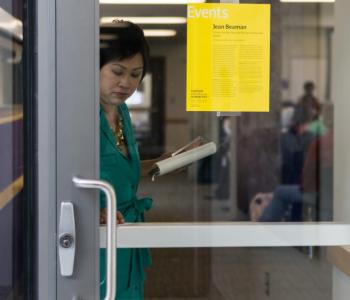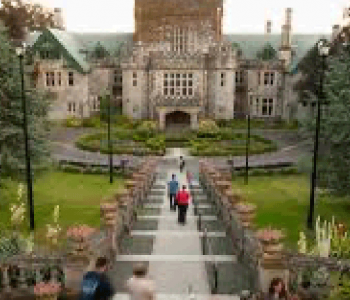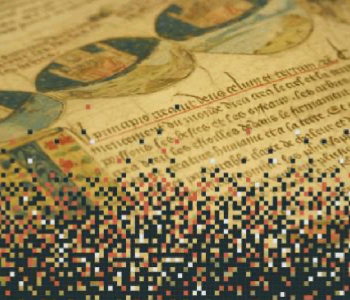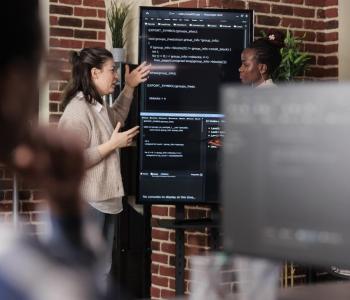Digital Humanities
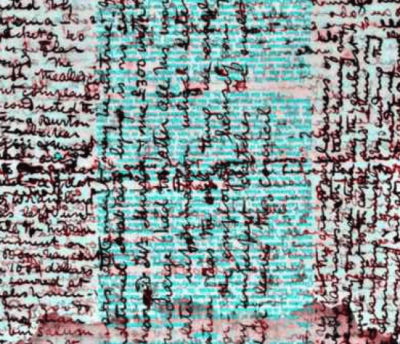
The Simpson Center has been central to the emergence and growth of the digital humanities through its programming, opportunities for support, and facilitation of interdisciplinary scholarship. Digital humanities is located at the intersection of technology and humanities. The discipline houses scholarship that uses computational tools to retrieve, analyze, represent, and increase the accessibility of knowledge; builds and creates community around online spaces; centers multimodality through pedagogy; thinks about the impact of digital publishing; and takes a critical approach to digitality that considers the historical, social, and cultural implications of technology.
Our support of the digital humanities is inclusive of research and teaching, and the integration of the two. In the realm of digital humanities pedagogy, we value projects that address the goal of incorporating digital humanities skills and methods into both graduate and undergraduate education. This work might be undertaken at the level of a dynamic reimagining of a single course, or instructional innovation within a program or department—or across them. At the doctoral level, this might take the form of a new graduate seminar with strong digital humanities components, the development of a workshop series for doctoral students to sharpen their DH skills, a rigorous exploration of digital dissertation formats, just to name a few examples. We hope to see a continued increase in creative uses of digital technologies in courses and curricula across the humanities and humanistic social sciences.
